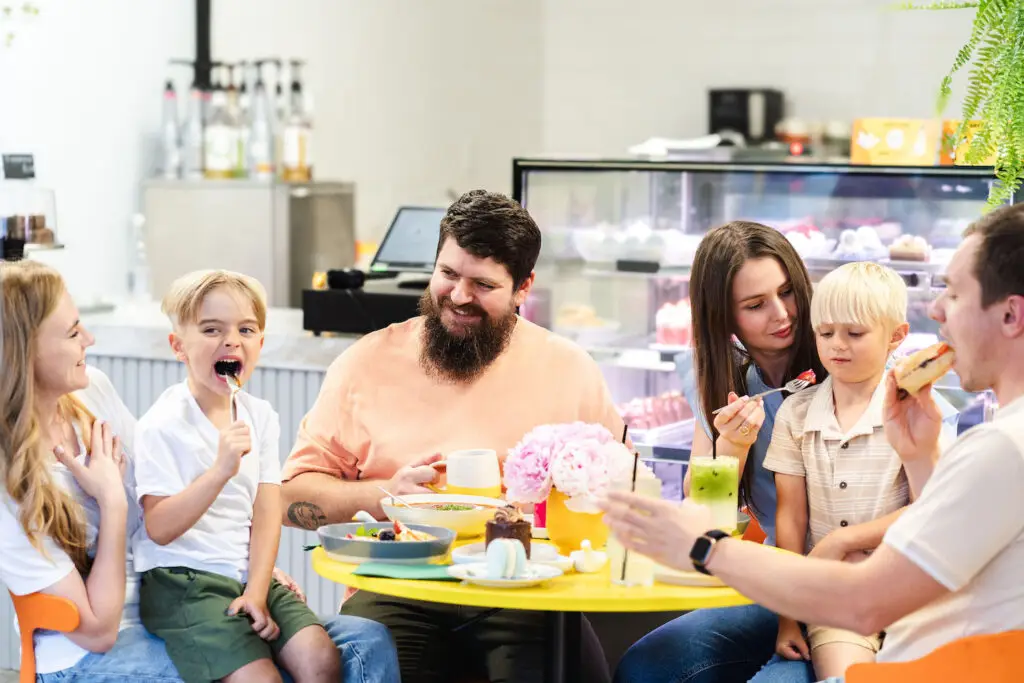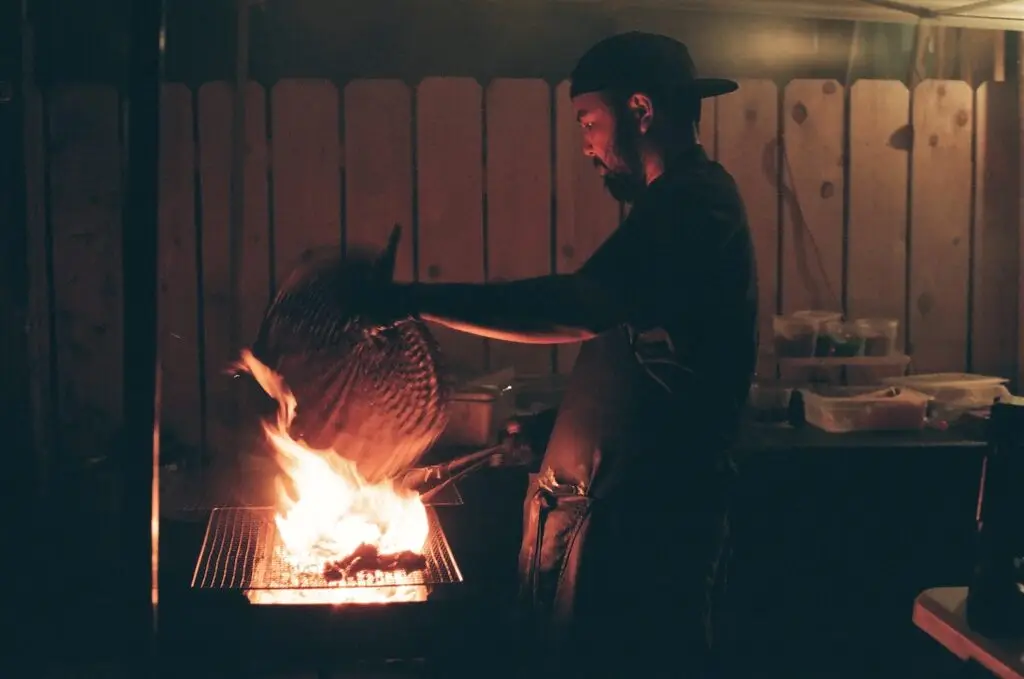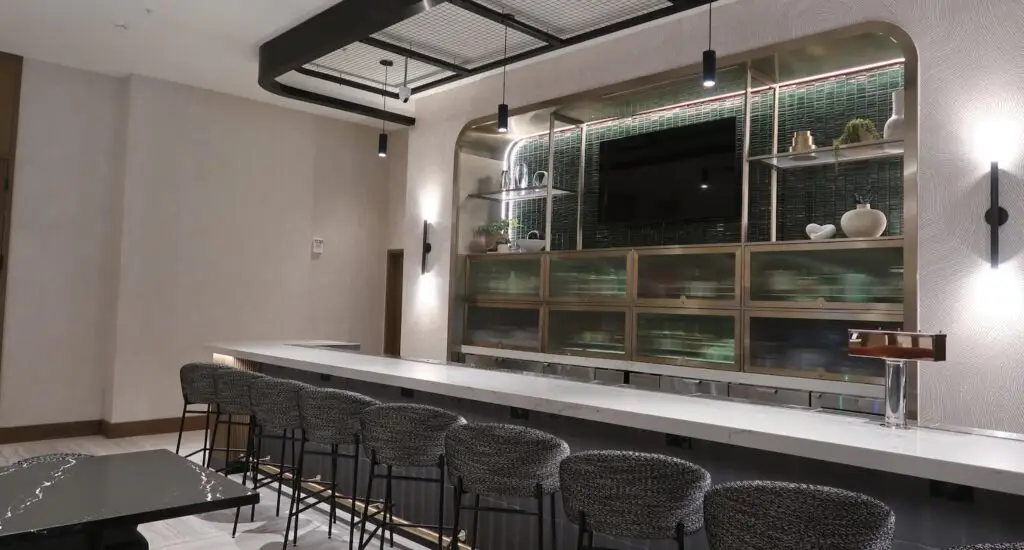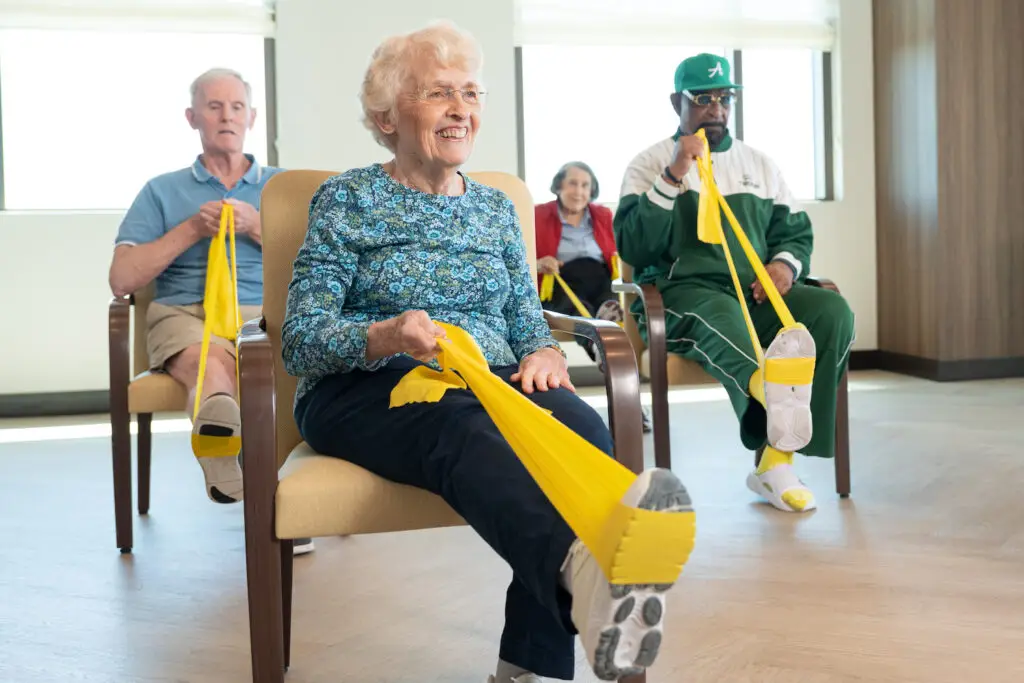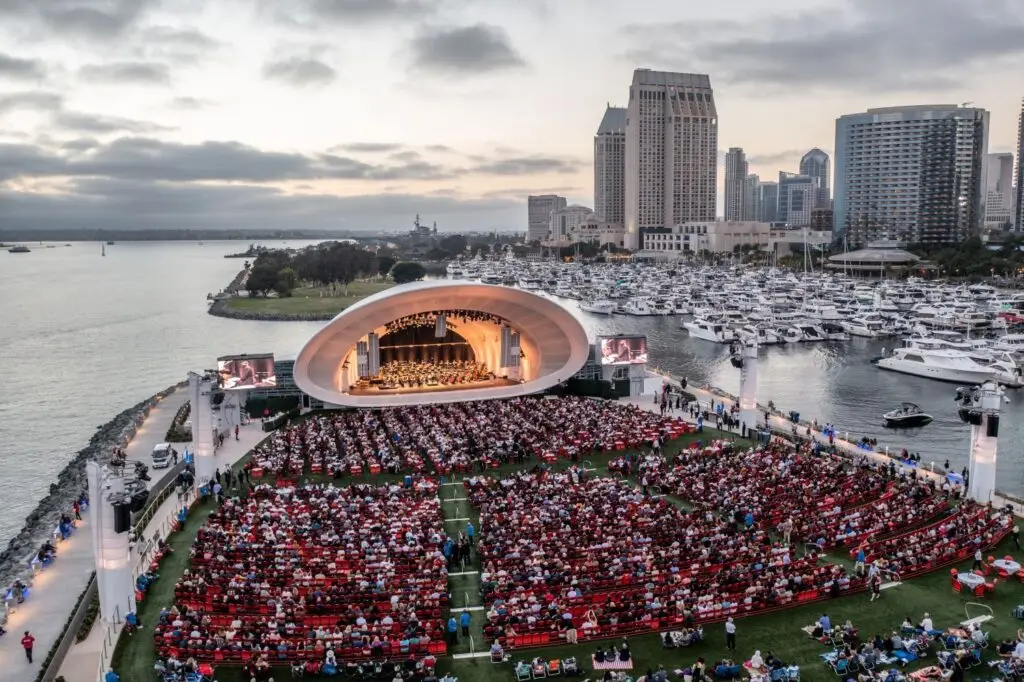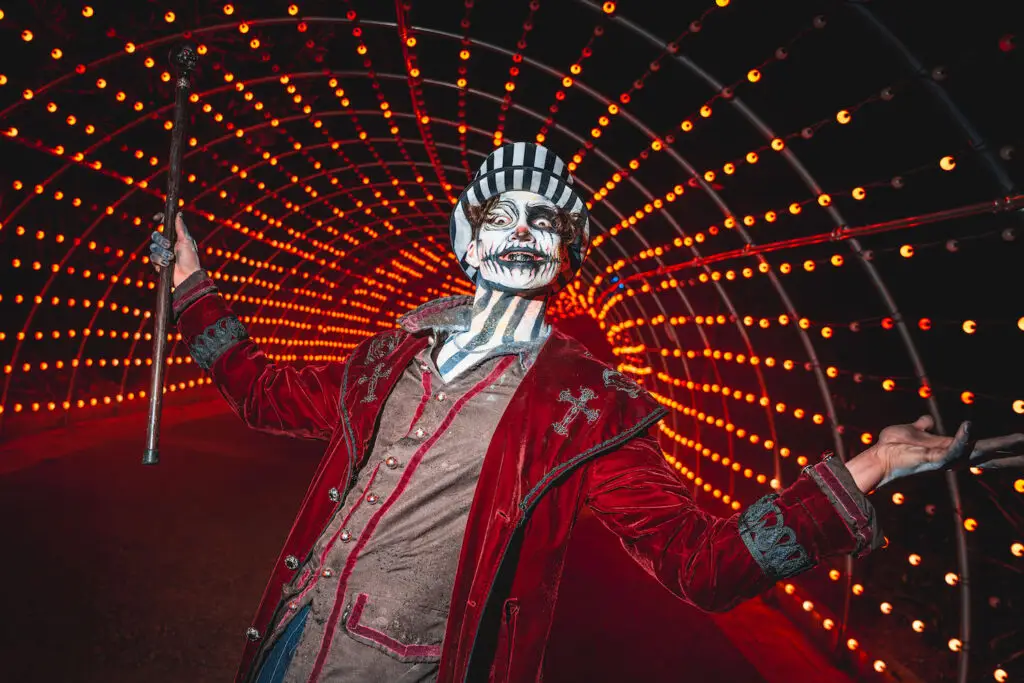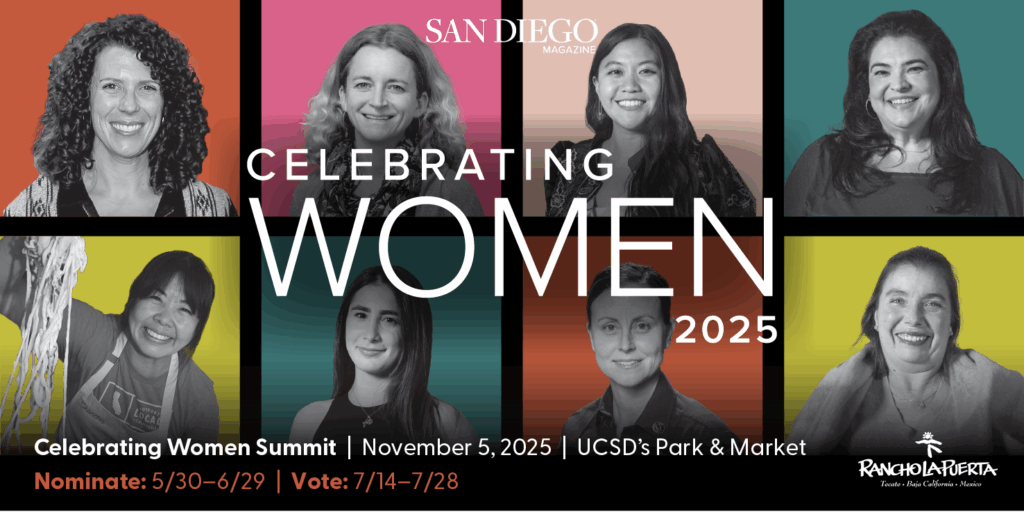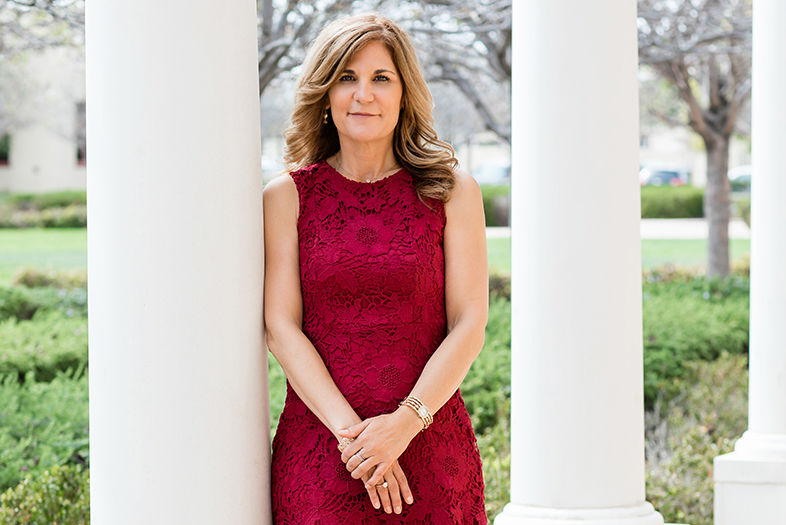Erin Meanley Glenny: You started in Chula Vista government as a city planner, a position you shared with another person. How did that work?
Lynnette Tessitore: I job-shared with a woman who had her daughter two weeks before I had mine. We didn’t share duties, just the position, the benefits, and the salary. We job-shared for three years until she had her second child and wanted to stay home. I worked a modified schedule for 14 years. My boss never looked at me as being half as good because I was part-time. I was just as active and involved in my community when I wasn’t in the office. I brought up my children doing community service projects on Saturdays with me. It was really important I get involved with the city I work for.
EMG: How did you go from city planning to arts?
LT: I was managing our cultural resources from the environmental side—Otay Valley Regional Park, the plants and open spaces—as well as the historic buildings and facilities. The city had never formally adopted a cultural arts master plan; that’s when my name came up. We’re the second largest city in the county, and the 14th largest in the state. We now have partnerships with the San Diego Youth Symphony, Old Globe, La Jolla Playhouse, and Museum of Contemporary Art. We curate events and exhibitions, manage the city’s only grant program, and do a lot of creative entrepreneurial development as well as a business collective.
EMG: How do you make people understand that the arts are important?
LT: I refer to what I do as “front-end public safety.” Social services, social workers, and after-school programs are front-end. We provide access and opportunities so people feel a part of our community. If you look at what’s going on in our country—whether you think it’s mental health related, access to weapons, whatever the cause—I think, underlying more often than not, these people haven’t felt a part of the community. If you can no longer build out or up, you have to build the community itself. A healthy community is one that has complete access to arts and culture.
EMG: How do you balance work and family?
LT: You have to have a job that has flexibility, because life isn’t 9 to 5, Monday to Friday. When our community is the most bustling, it’s evening along Third Avenue; it’s on the weekend at an event. Some people are still married to the idea of 9 to 5, and I think it’s the most outdated thing. The shift is coming whether or not employers want it. The corporate world is still male dominated and, even in the public sector, a lot of people who make the decisions are men or women whose bosses are men. Women oftentimes feel like they have to think like a man. I don’t think that’s the answer. We need to teach our young men and women to think more about the issue at hand rather than make it a gender issue. Men, too—men want to be with their kids.
EMG: Tell me a little about NTC Foundation and your goals as a board member.
LT: I was born and raised in Chula Vista, so I have a connection to the region and specifically NTC. My stepdad was in the Navy, and I remember being in some of these buildings as a little girl. When Liberty Station was just a concept, I thought, “That is going to be history in the making if it comes to fruition,” and it has. I’ve gotten to witness that in my lifetime! On the NTC Foundation board I have an opportunity to bring my background in planning, finance, and historic preservation—because this is a historic cultural district—and marry all of that with my arts experience. The NTC Foundation board is looking to make Liberty Station the arts district for the entire county.
EMG: You have a career, sit on four committees (including the San Diego Regional Arts and Culture Coalition) , and are staff liaison to Chula Vista’s Cultural Arts Commission and International Friendship Commission. You’re never done!
LT: I’m not really good at being done. The difficult thing is I haven’t found anything to say no to. People approach me all the time with ideas and I want to help them. But my family always comes first. Jobs end, but what’s forever is your children and your impact on their lives. I never want them to say, “My mom was always working.” I want them to say, “My mom was always there even though she worked.” I want them to see I’m making a great impact in my community and in our society.
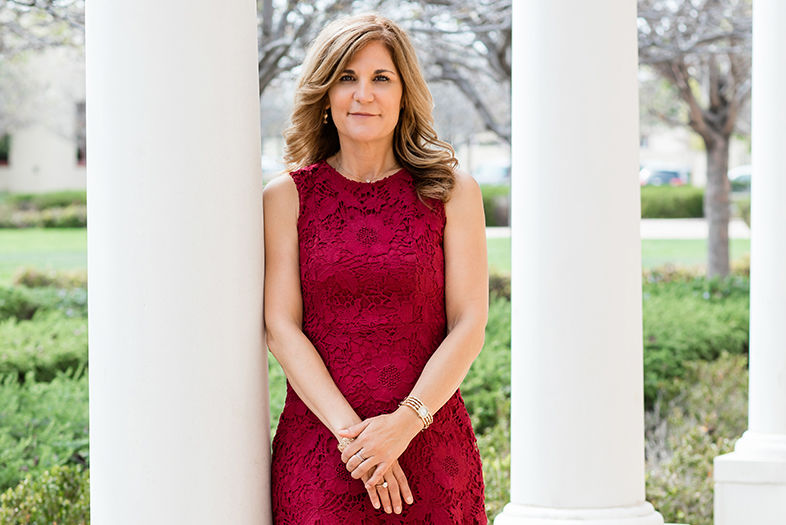
Celebrating Women: A Q&A With Chula Vista’s Lynnette Tessitore
Photo by Jenny Siegwart
